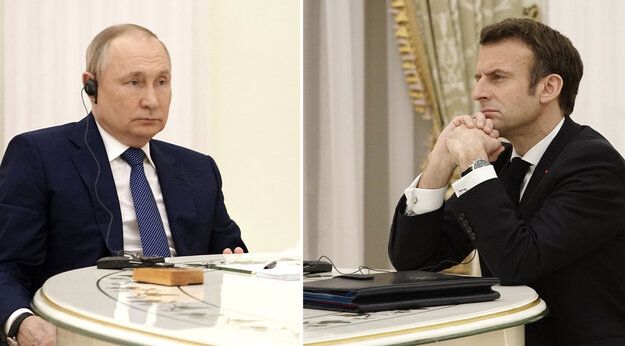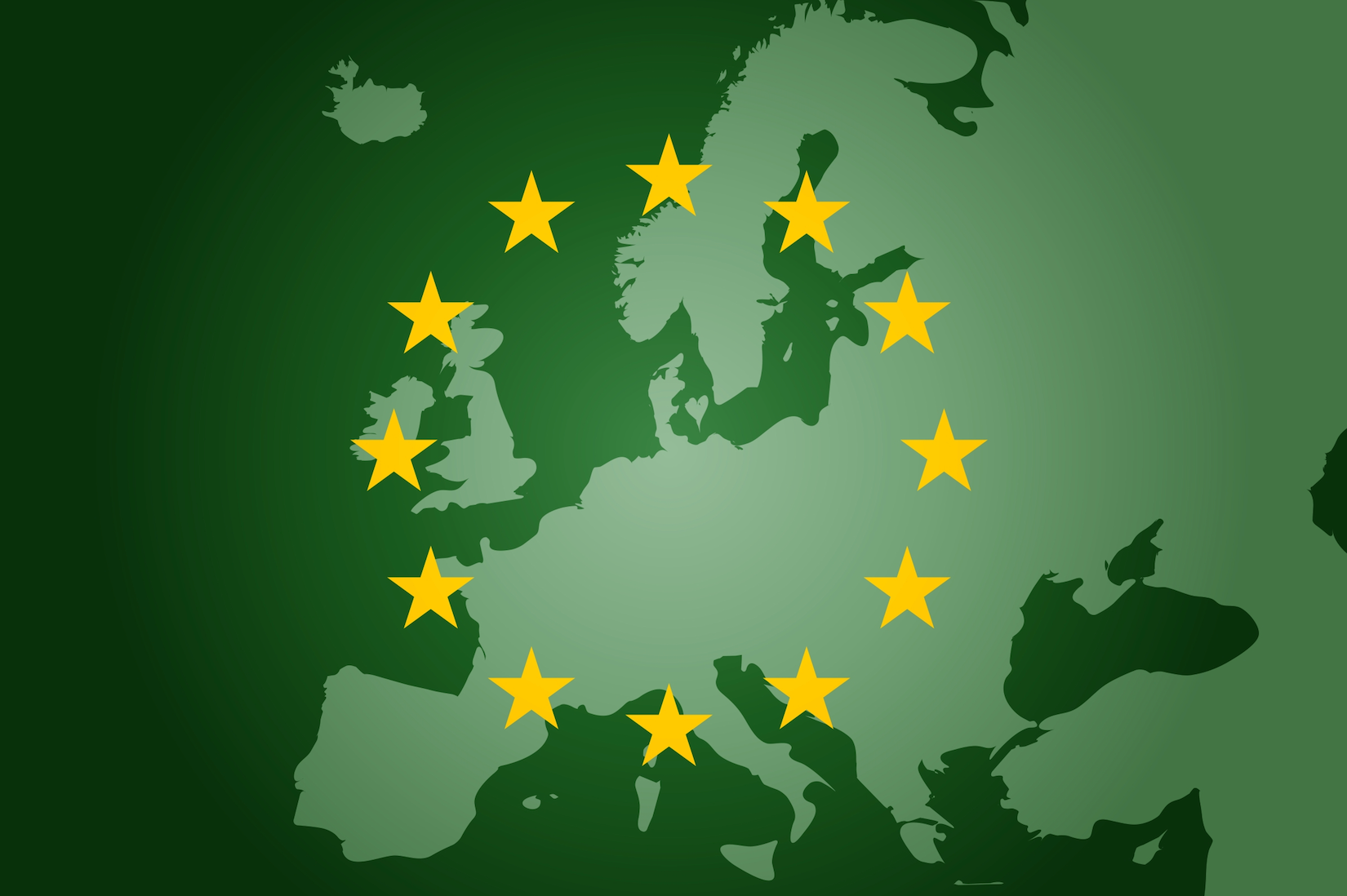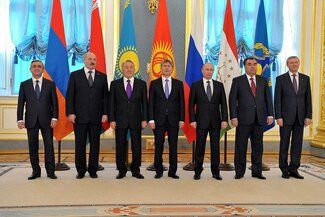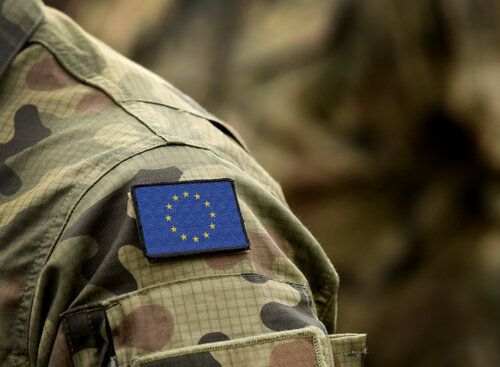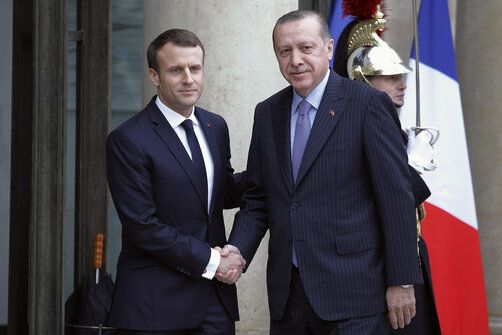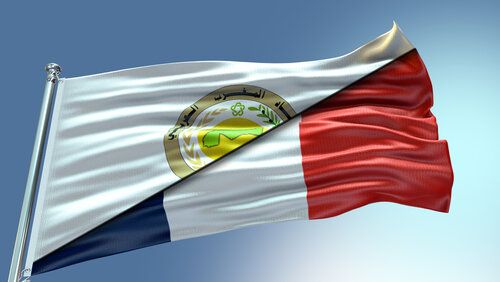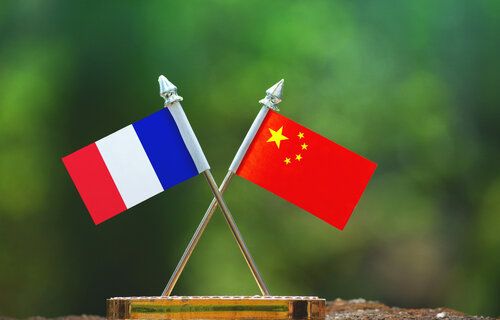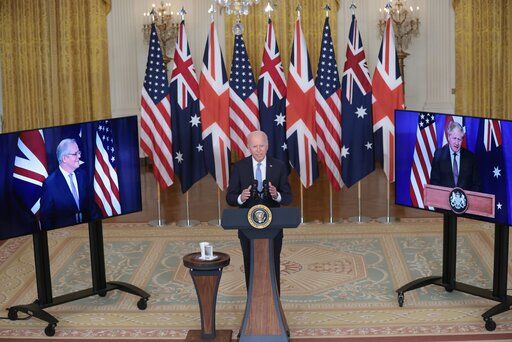France’s next president will find the growing economic, political, and military power of the People's Republic of China near the top of their foreign policy agenda. China’s rise is not new in itself, but the deep transformation within the party-state over the last five years calls for an overhaul of the French approach to Beijing, with a move toward greater frankness and firmness and a more exacting stance.
Over the last two presidential terms, France’s China policy has focused mainly on trade: exports to China, investment and production in China, and attracting Chinese investment to France. Political issues were put on the back burner or, in the case of more sensitive issues, delegated to the European Union (EU). One exception was the fight against climate change, with China supporting the Paris Agreement at the COP21 in 2015.
This economics-focused approach now needs to take account of the Chinese Communist Party’s ideological and authoritarian hardening, both at home and abroad. Beijing’s muscular assertiveness within its own region and in Europe raises questions and concerns about its strategic intentions. Rising tensions in the Taiwan Strait, in the East and South China Seas, and at the Sino-Indian border; growing numbers of undeclared economic sanctions; increased influence operations abroad; and covert (hybrid) state operations in the maritime and cyber domains, in particular, are cause for concern.
In this new environment, what is required is continuing to promote dialogue and cooperation but on fairer and more exacting terms, without effacing French values.
The Role of the European Union
The EU will remain France’s most credible and effective channel for discussion with Beijing. However, the EU’s leading role must not excuse Paris from taking a position that is clearer and more intelligible for its partners.
France should be a driving force within the EU—not to get other member states to follow a line decided by Paris, but to organize inter-European consultation and establish a clear and applicable common position.
The European position on China needs to take into account the United States’ strategy and the growing Sino-American rivalry. The EU, therefore, needs to persevere and strengthen its approach based on cooperation and dialogue with China and all the nations of the Indo-Pacific. It will be a welcome alternative to (and not necessarily inconsistent with) the more confrontational American approach.
The EU and France do not have the means to threaten Beijing with military opposition, and it is not in their interests to do so. It would be a mistake, however, to underestimate and underuse the EU’s political and economic muscle when dealing with China.
Human Rights
The French government should be much more active on human rights issues in its relationship with China. First, Paris’s approach of working behind the scenes with Beijing on these issues is no longer acceptable, especially given the alarming deterioration of the human rights situation in China with regard to the Uyghurs, Hong Kong democrats, religions, and, more generally, all forms of protest. Second, with the EU and several member states (Lithuania, Czech Republic, Slovakia, Belgium, etc.) increasingly advocating the assertion of values in foreign policy, and the new German government seeming determined to renew these questions, France will very probably be urged to be less diffident.
Experience shows that clear, firm discourse on human rights, while in no way binding, nevertheless puts political pressure on Beijing and forces it to respond. Beijing needs to understand that these issues are not of secondary importance for Europe.
Academic and Scientific Cooperation
Finally, in the context of re-examining the bilateral relationship, meticulous work must be carried out at the national level and in consultation with European partners on academic, scientific, and cultural cooperation. The three main risks that must be taken into account are pressures on freedom of expression and the independence of education and research in France; threats to France’s national scientific and technical assets; and the lack of reciprocity in cooperation.

